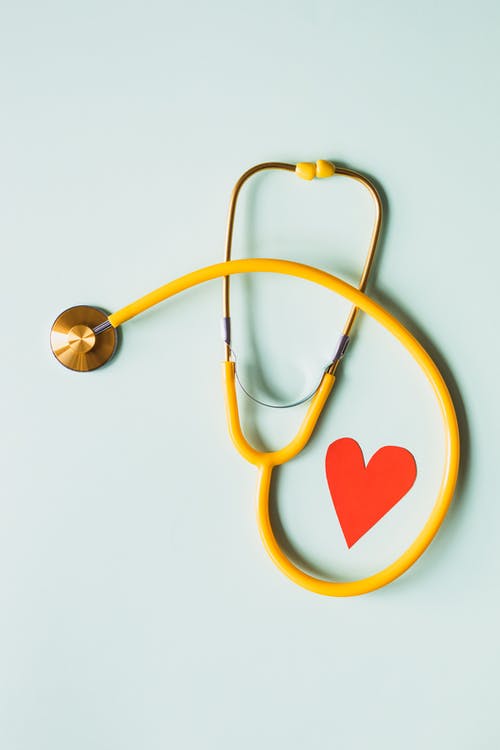Drug and alcohol misuse is a serious problem that can affect all members of society, from school children to adults. Misuse of these substances can lead to long-term physical and psychological health problems, as well as social and economic consequences. In addition, misuse of drugs and alcohol can have a significant impact on public safety and the criminal justice system.

At the most fundamental level, drug and alcohol misuse involves using a substance in a way that is not intended by its manufacturer or otherwise not in accordance with applicable law. This can mean consuming large amounts of alcohol or drugs for reasons beyond the purposes for which they were prescribed or obtaining and using drugs or alcohol without medical supervision. In its most extreme form, misuse can involve the manufacture, sale, and distribution of illegal substances.
In many cases, drug and alcohol misuse is driven by mental illness or underlying psychological problems. People who suffer from depression, anxiety, PTSD, bipolar disorder, or other mental health conditions are more likely to misuse drugs as a way of coping with tough emotional challenges. Similarly, people who have a history of childhood trauma, abuse, or neglect may find solace in drugs and alcohol as a means of escape or self-medication. Whatever the cause, misuse of drugs and alcohol can seriously compromise a person’s wellbeing and their ability to lead a healthy, productive life.
In addition to physical and psychological health problems, drug and alcohol misuse can lead to a range of social and economic problems. People who are addicted to drugs and alcohol may struggle to maintain steady employment, resulting in financial hardship for their families. The risk of criminal activity is also elevated among drug and alcohol misusers. Moreover, people who misuse drugs and alcohol negatively impact upon public health, increasing the burden on healthcare professionals and reducing the amount of resources available for other members of society.
Fortunately, help and support is available for people dealing with drug and alcohol misuse. Treatment options are available in the form of support groups and inpatient rehabilitation, while counseling and therapy also play an important role. These programs help to address the underlying psychological issues that often drive drug and alcohol misuse, while also providing practical ways to manage cravings and to stay sober.
In conclusion, drug and alcohol misuse is a serious problem that can have devastating consequences. The health, social, and economic impacts of misuse can be difficult to overcome, but well-structured treatment and support programs are available to help those struggling with addiction. By addressing the underlying causes of misuse and providing practical solutions, we can ensure that individuals are able to reclaim their lives and lead healthier, more productive lives.








